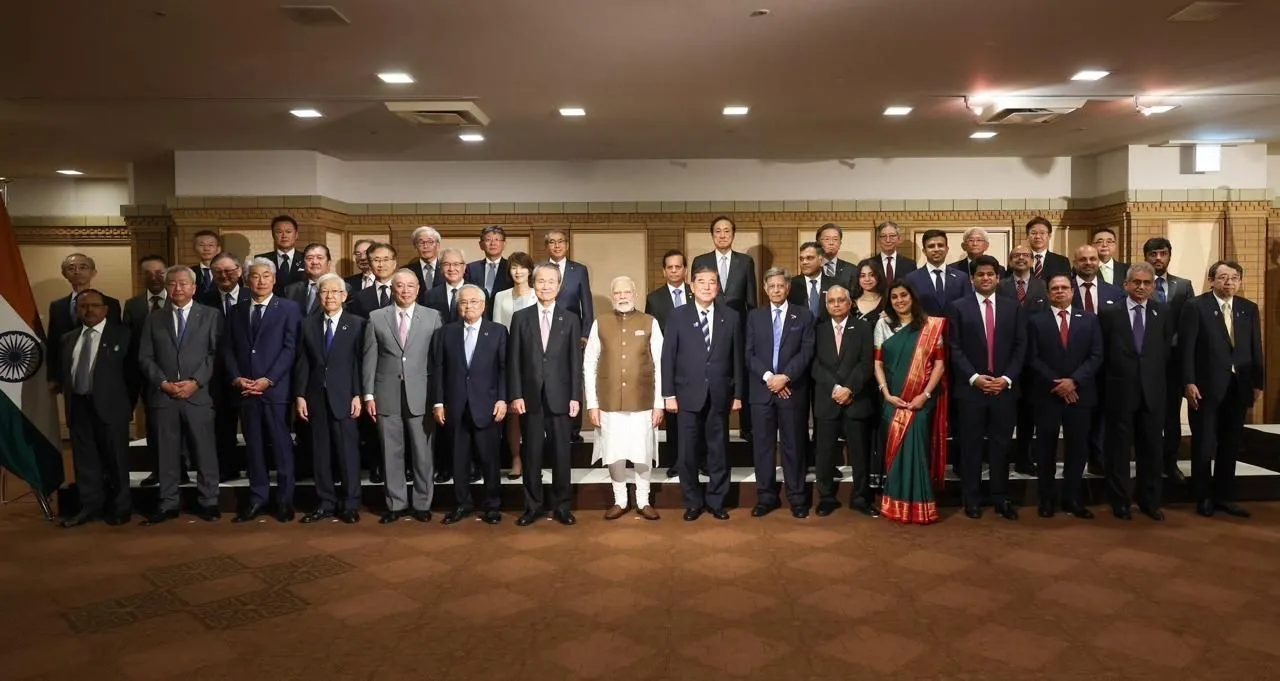DSA Correspondent
India Champions Global South Voice at BRICS Summit in Brazil
India played a pivotal role in shaping the outcomes of the 17th BRICS Summit, which concluded in Rio de Janeiro, Brazil, on July 7, 2025. Prime Minister Narendra Modi joined leaders of Brazil, Russia, China, South Africa, and six new member nations to adopt a comprehensive declaration aimed at strengthening the collective voice of the Global South.
Under the theme “Strengthening Global South Cooperation for More Inclusive and Sustainable Governance,” the summit addressed issues ranging from trade reforms and climate finance to international conflicts. India actively contributed to consensus-building on critical economic and geopolitical issues, reinforcing its commitment to a multipolar world order.
Push for Trade Reforms and Fair Representation
A key highlight of India’s participation was its strong advocacy for reforming global economic institutions. PM Modi reiterated India’s longstanding demand for more equitable representation of developing countries in the International Monetary Fund (IMF) and the World Bank. The declaration welcomed India’s proposal to accelerate quota reforms to reflect contemporary economic realities.
India also voiced firm opposition to rising unilateral trade barriers and protectionist measures, which threaten the stability of global supply chains. The joint statement denounced excessive tariffs and restrictions, echoing India’s concern that such practices harm emerging economies the most.
During the summit, India supported Brazil’s proposal to enhance cooperation among BRICS nations on food security and technology sharing. The leaders agreed to strengthen collaboration in supply chain resilience and digital infrastructure, both of which are central to India’s development agenda.
India Leads Climate Finance Demands
India’s leadership was visible in climate negotiations, where it underscored the urgent need for developed nations to fulfill their financial commitments under the Paris Agreement. The declaration called on industrialized countries to provide predictable and adequate climate finance and technology transfer to developing economies.
Speaking at the leaders’ session, PM Modi emphasized that India has already exceeded its voluntary climate targets while balancing growth imperatives. He invited BRICS members to join Indian-led initiatives such as the International Solar Alliance and the Coalition for Disaster Resilient Infrastructure. The declaration endorsed these efforts and acknowledged India’s progress in renewable energy expansion.
On environmental conservation, India backed the Brazilian initiative for the “Tropical Forests Forever Facility,” highlighting the importance of preserving biodiversity hotspots while supporting communities dependent on forest resources.
Firm Stand on Global Conflicts
India also played a key role in shaping the summit’s positions on ongoing conflicts. The declaration unequivocally condemned terrorism in all its forms, a longstanding Indian priority. It called for accountability and international cooperation to combat terror financing and cross-border threats.
Regarding the conflict in Gaza, BRICS leaders expressed solidarity with the Palestinian people and called for an immediate ceasefire, reflecting India’s consistent support for a two-state solution. On Ukraine, while the statement urged peaceful dialogue, it stopped short of singling out Russia—demonstrating BRICS’ preference for non-alignment and balanced engagement.
With an expanding BRICS membership and rising geopolitical uncertainty, India used the Rio Summit to position itself as a constructive leader of the Global South. By championing economic reforms, climate action, and equitable global governance, India reinforced its vision of a more inclusive and multipolar world order.
.webp)
-min.webp)

.webp)
.webp)
.webp)
.webp)
.webp)
.webp)



 9958382999
9958382999
